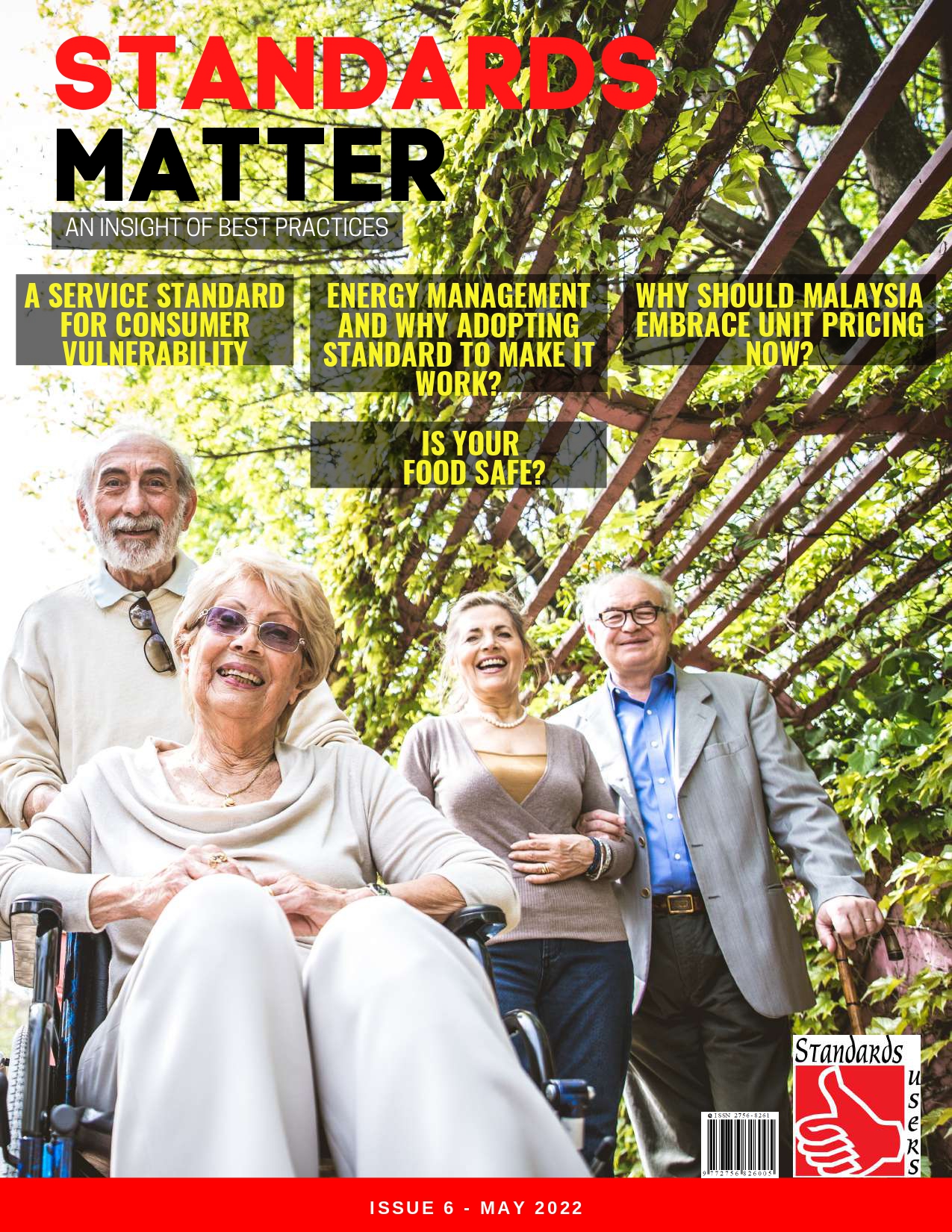01/JAN/2013
This day is celebrated worldwide to commemorate the often invisible BUT important role standards play in trade, safety and environmental protection. When you mention the word standards or ISO the first thing that comes to many people's minds is the ISO 9000. But ISO which is AMONG the more popular international standards body – developed not only the ISO 9000 but over 19500 standards!!! – and there are more coming.
Standards are tools which help solve problems or address any issues related to product or services. Until and unless businesses comply with these standards the beneficiaries (i.e consumers and the environment) will not realize the positive aspects and changes standards bring to everyday live.
For example the International Organization for Standardization or ISO got together experts related to toys from different parts of the world to develop a series of International Standards (IS) to guide business on safe production and marketing of toys. Since compliance with all ISO standards is voluntary, many countries especially developing ones did not make compliance with toy standards mandatory.
Then the 2007, massive toy recall happened and turned things around. Toys were discovered to contain lead (a kind of heavy metal) above the limits specified in the IS related to toys. Standard testing methods were used by laboratories in Malaysia to test several toys found several samples containing lead above the limits specified in the IS related to toys. The toys were sent for testing by the Malaysian Association of Standards Users. After a lengthy deliberation over three years the relevant safety standards were used to regulate toys in Malaysia under the newly enacted Toys Safety Regulations 2010.
Regulations which make compliance with standards mandatory are described as technical regulations.
Before IS are referred in a national technical regulations (in Malaysia) it has to be adopted as Malaysian Standards or MS through an agency set up to develop Malaysian Standards and also to implement accreditation functions in Malaysia. This department was established under the Ministry of Science, Technology and Innovation (MOSTI) in 1996 after the corporatization of SIRIM. This department is known as the Department of Standards Malaysia (Standards Malaysia). Standards Malaysia was established under the Standards of Malaysia Act 1996.
Standards Malaysia has developed over 6400 standards to date and more than 60% are aligned to International Standards namely ISO. This means that the IS is adopted in totality or amended slightly to meet local requirements such as voltage, temperature and weather.
Malaysia is the member of the ISO and International Electro-technical Commission or IEC through Standards Malaysia. The membership at CODEX is through the Food Safety and Quality Division. Many of the limits set for food products and ingredients in the Food Regulations 1985 are based on or guided by CODEX standards. CODEX established under the Food and Agriculture Organization (FAO) and the World Health Organization (WHO) (under the UN). CODEX Alimentarius develops harmonised international food standards, guidelines and codes of practice to protect the health of the consumers and ensure fair practices in the food trade.
The Energy Commission or ST in Malaysia regulates safety of household electrical appliances and many of the standards used as administrative tools are adoption of the IEC (yet another international standards body but related to electrical and electronic appliances and power generation among others). This includes energy efficiency and energy management system standards – among others.
Technical regulations must be updated as and when new technologies and corresponding test and verification methods are available. When it comes to safety this kind of updates become more important. Among these are use and verification in the field of nanotechnology, eco-labeling and life cycle assessment, renewable energy, smart grids and new food producing and processing technologies.
Standards are developed to guide business improve productivity, product and service performance, safety and environmental performance and also societal considerations such as ethics and integrity (like the new ISO 26000:2010). Compliance with standards on a voluntary basis and being acknowledged for that gives business owners added advantage compared with others in the same sector. However if the acknowledgement and compliance process has shortcomings in terms of cost and process for example, it may deter voluntary compliance among businesses.
The Malaysian Association of Standards Users tested honey samples in two laboratories – both accredited; one in Malaysia and one in Thailand. Whilst both used the same method to test the honey, they yielded different results! Issues and problems with conformity assessment (activities to prove compliance) are mainly associated with confusion in labeling, claims and counterfeits – as far as consumers are concerned. This affects credibility of the conformity assessment activities in many countries.
Based on our experience and experiences among regulators in many countries mandatory compliance with standards is a costly affair – for businesses, regulators and consumers.
Whilst standards and conformity assessment creates positive changes to the economy, society and the environment, we can only realize the benefits if the standards development process is based on good standardization practices and promotes compliance. Conformity assessment needs to be transparent, faster and better. This will allow Malaysian Standards create positive changes to the quality of lives of Malaysians and greatly enhance global competitiveness and environment sustainability of Malaysian products and services.
WORLD STANDARDS DAY 2013
- Details
- Written by Syikin
- Category: LETTER TO EDITOR
- Hits: 11554






